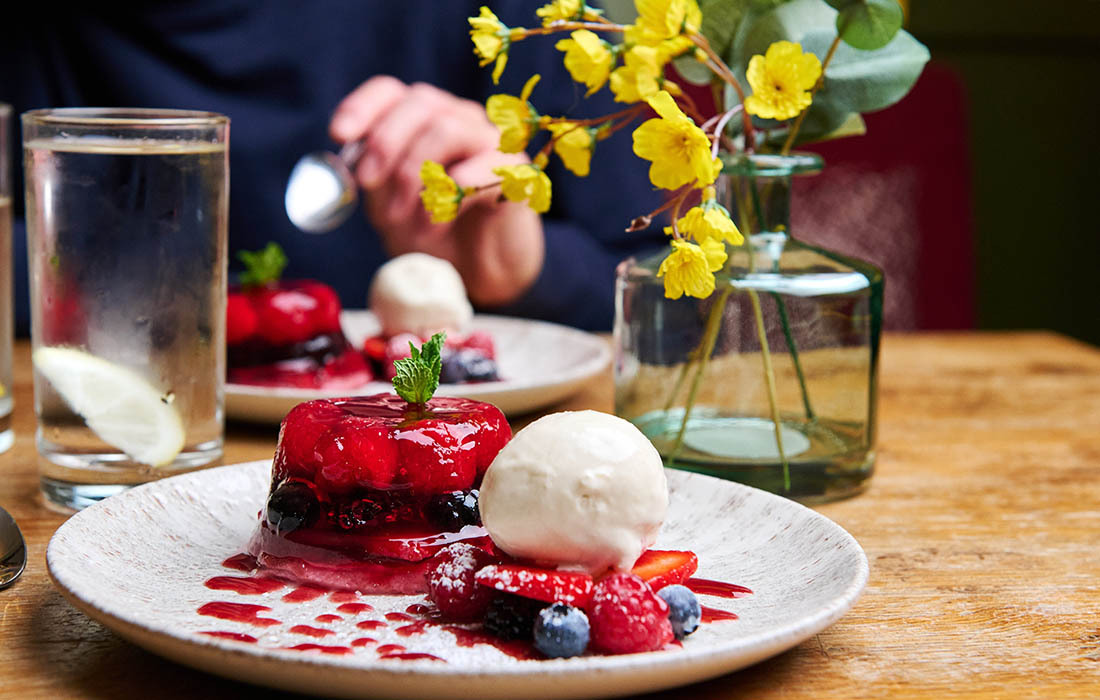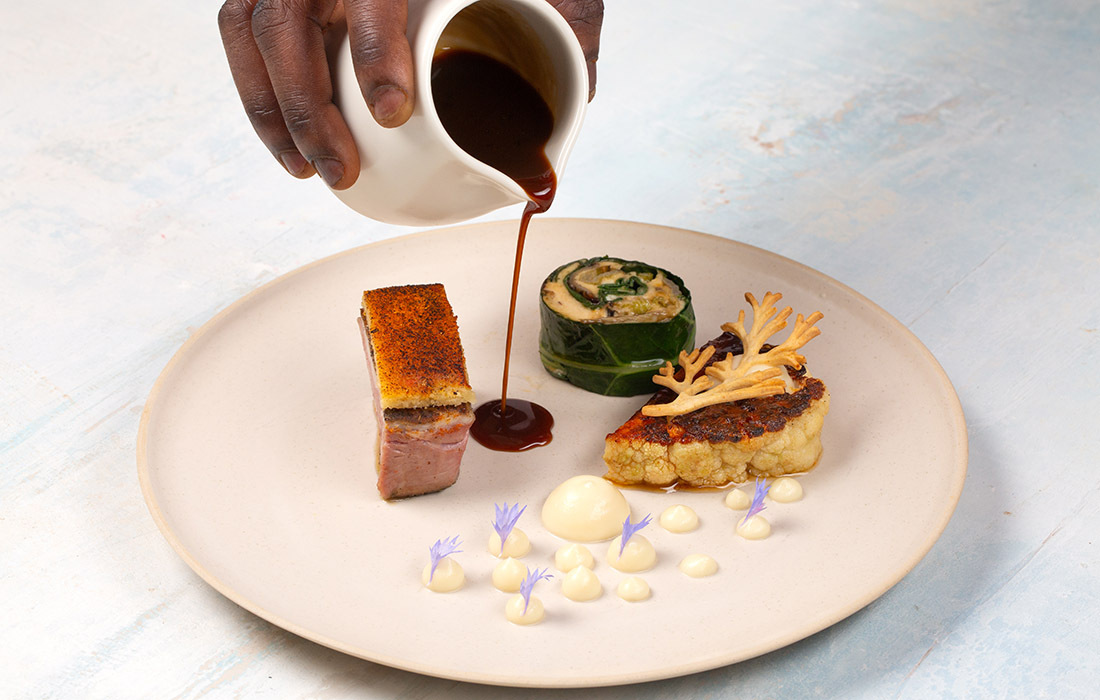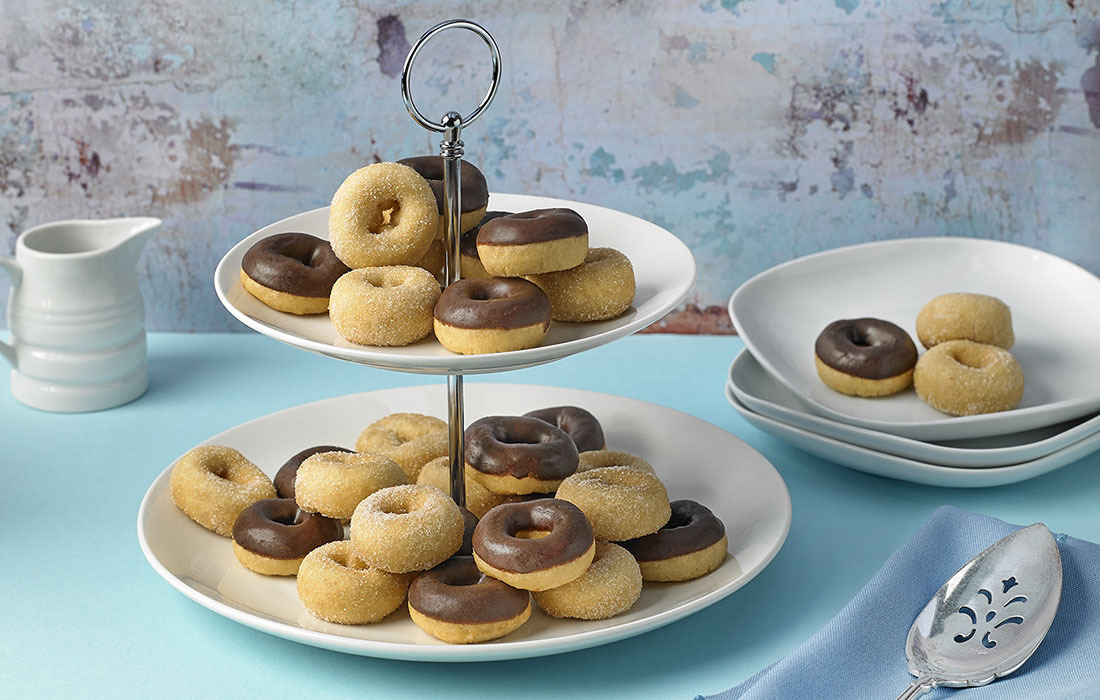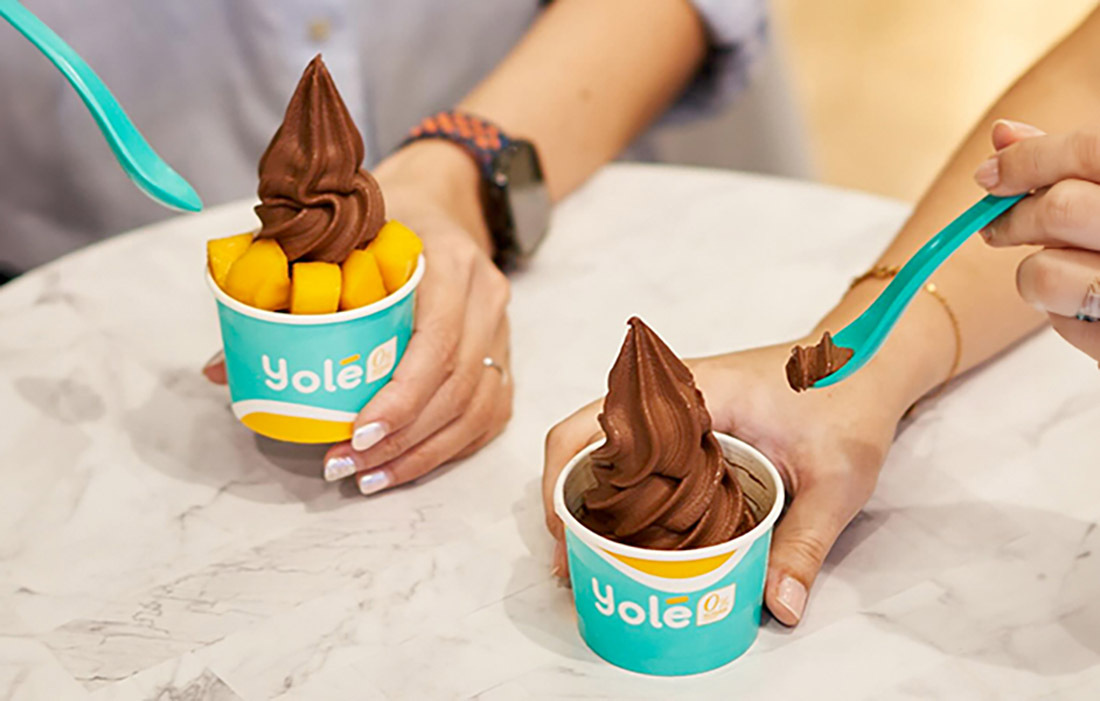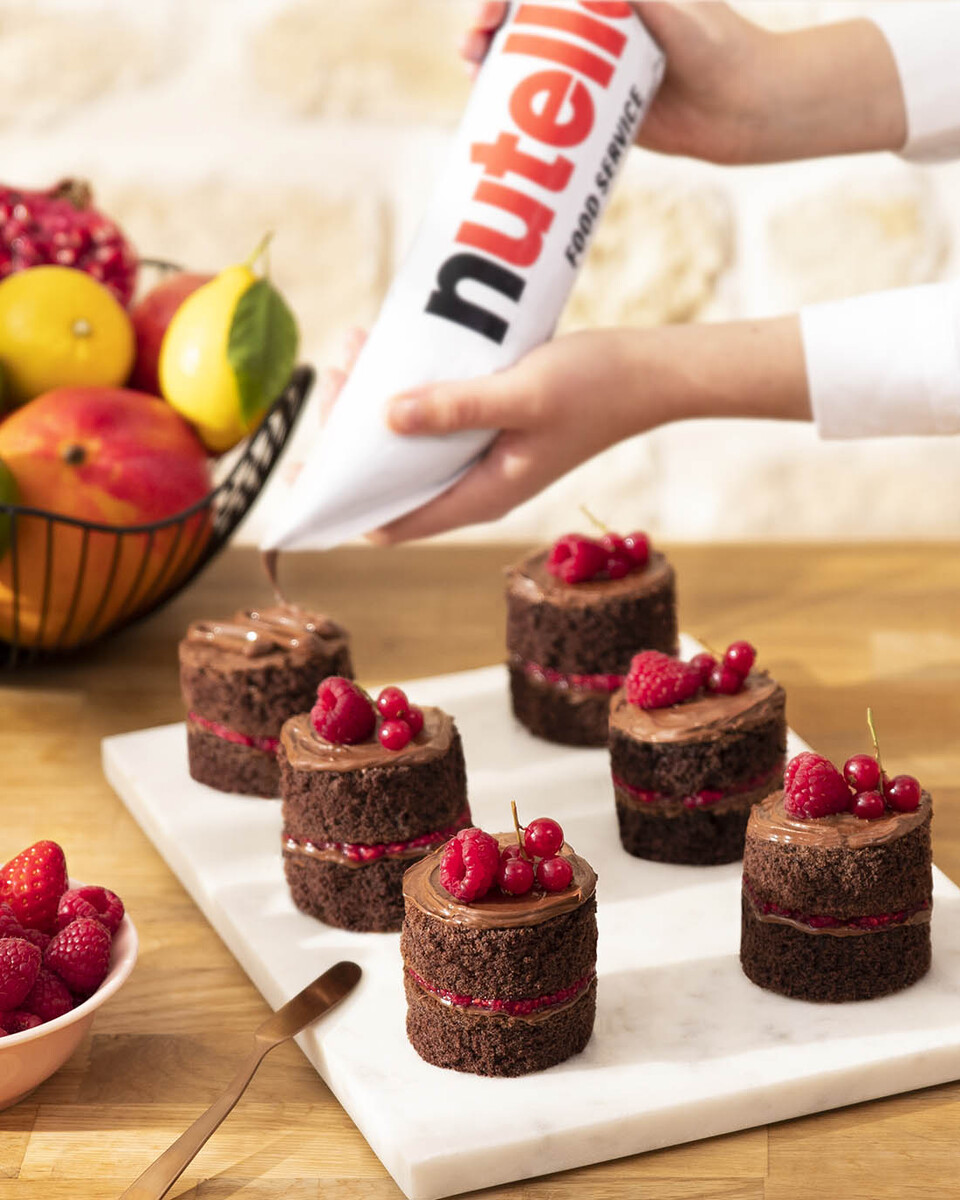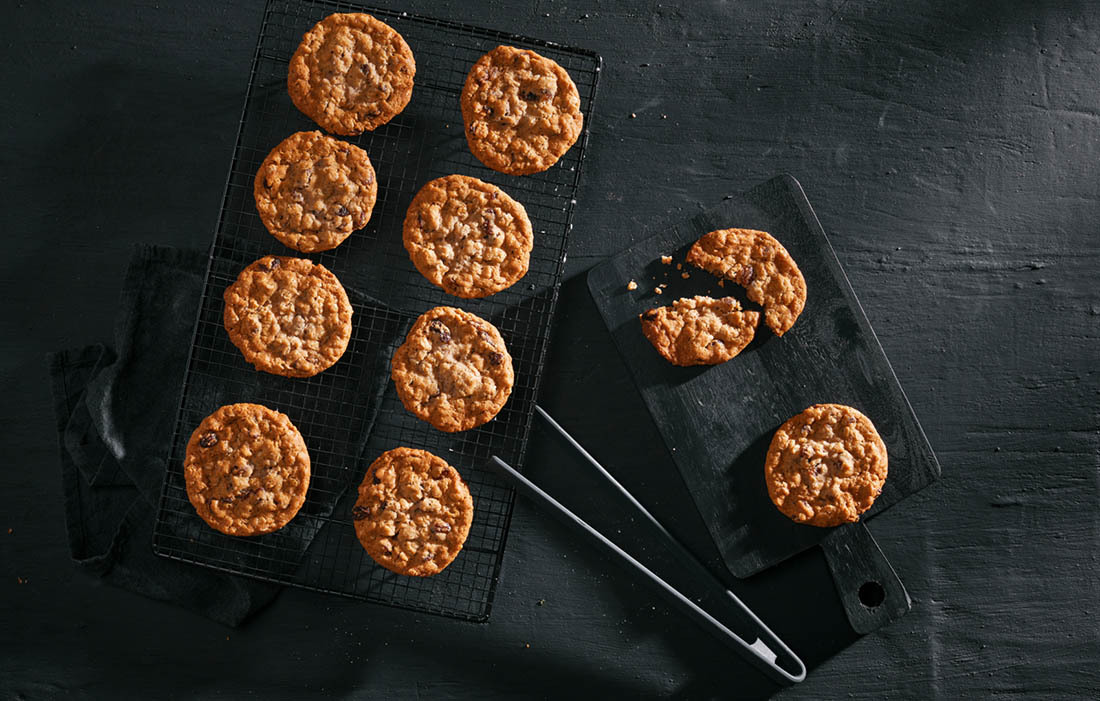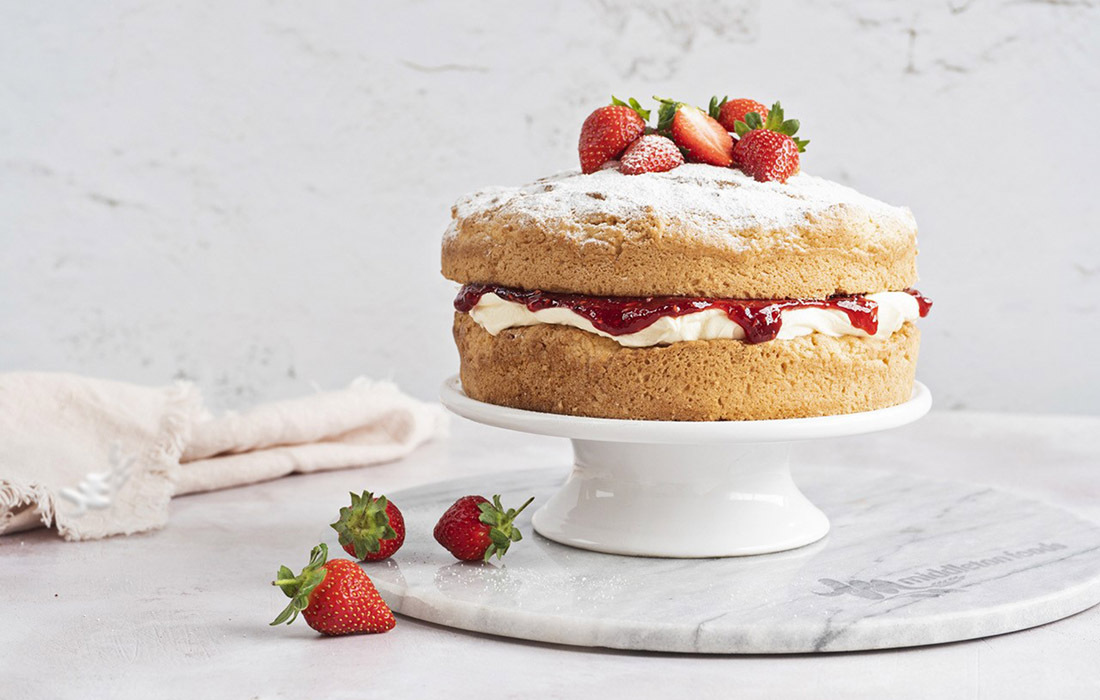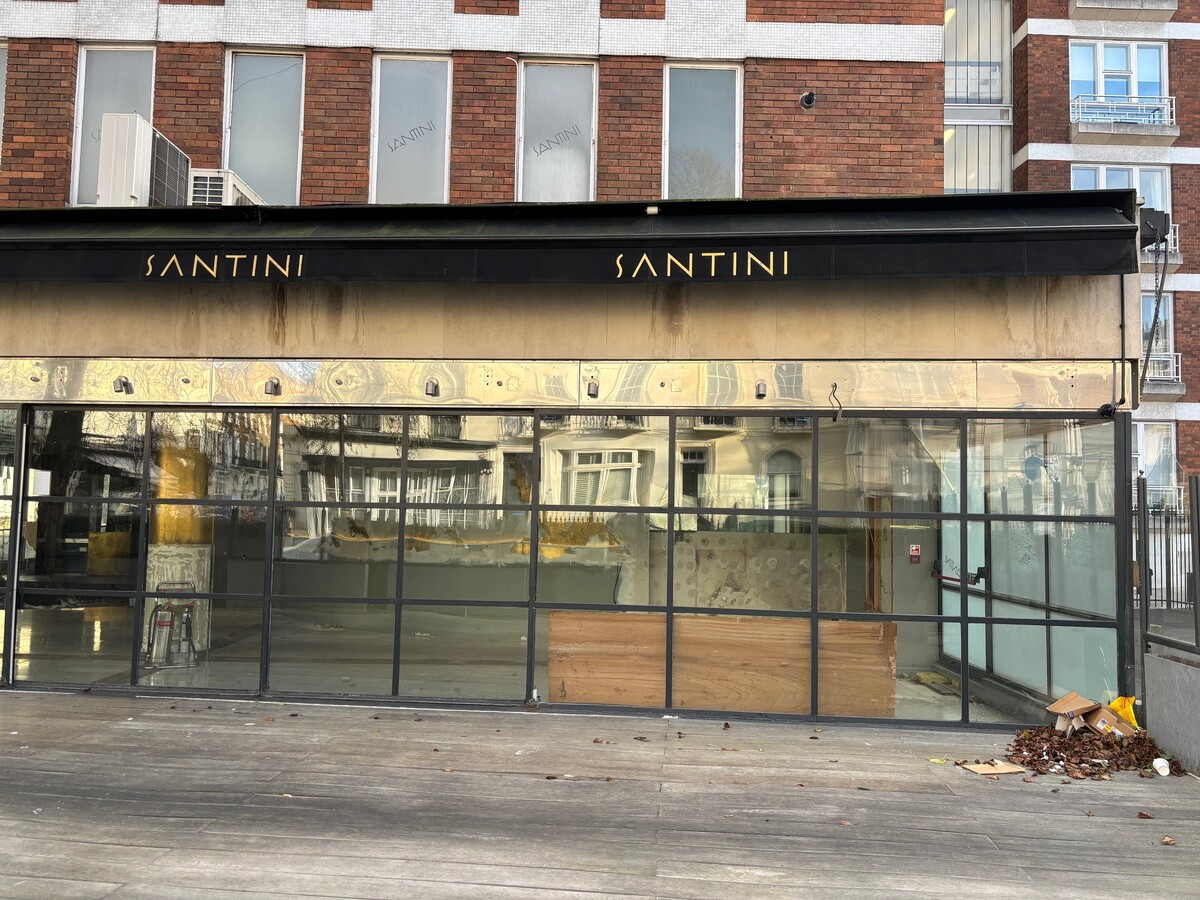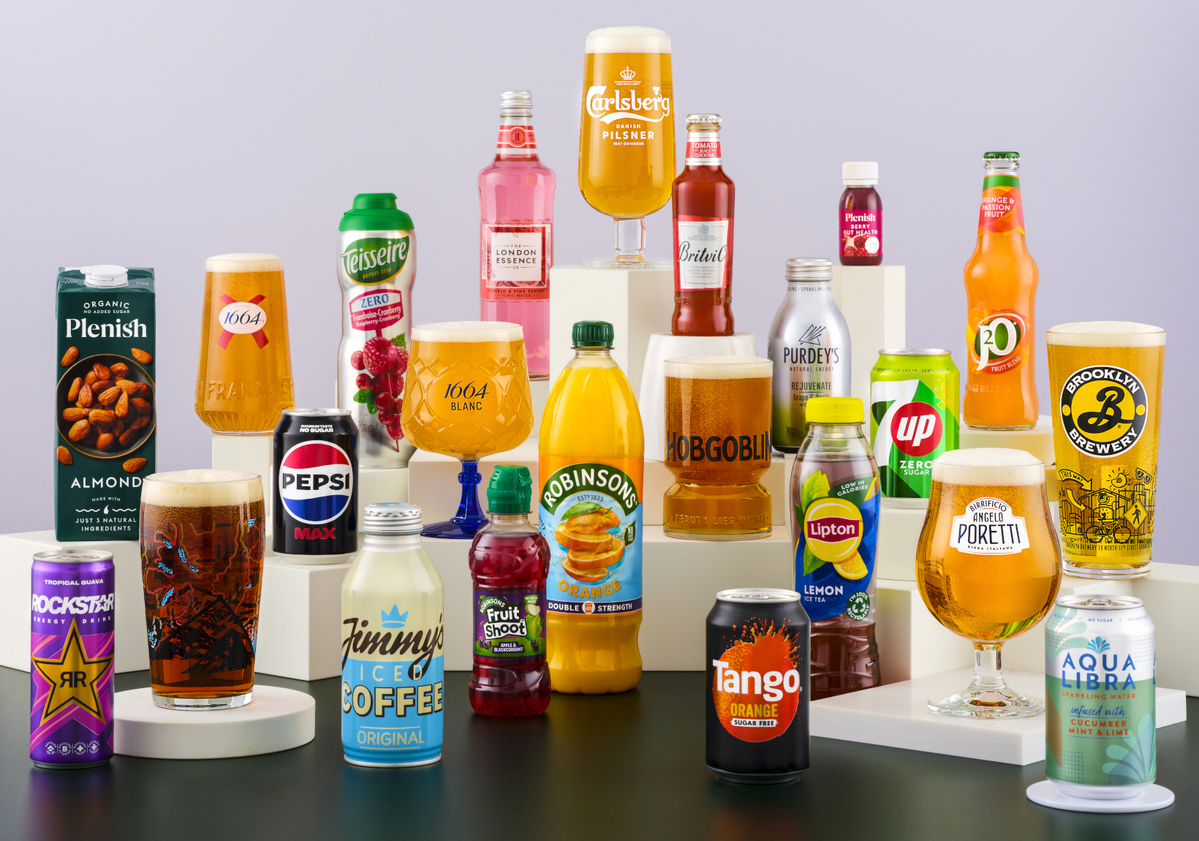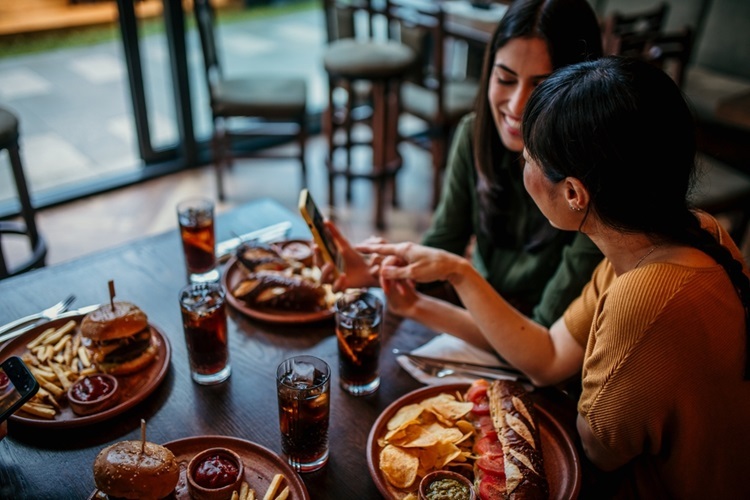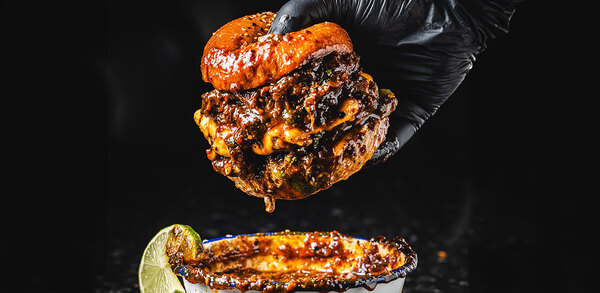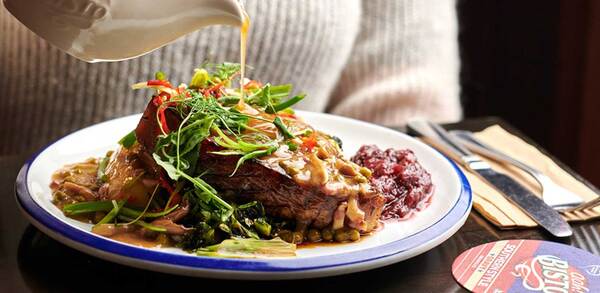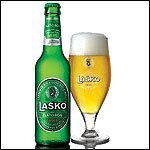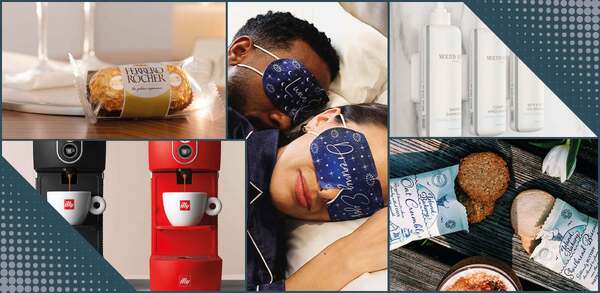Dessert trends: tempt customers into a sweet treat
Operators need to make their dessert offerings stand out to encourage customers to indulge, writes John Porter
Hospitality would probably be an easier line of work if only consumers could bring themselves to stop having good intentions. If they’re not giving up alcohol at inconvenient times of the year, they’re trying to eat more healthily and declining the dessert menu.
CGA research has found that the introduction of calorie counts on menus in 2022 has made 25% of consumers say they’re less likely to order a dessert. However, cost is a factor alongside health, with CGA’s research also showing that 35% of consumers are likely to swerve the sweet trolley as a way of reducing the bill at the end of the meal.
To overcome such reluctance and drive dessert sales, operators need to focus on adding some wow factor, believes Everett Fieldgate, chief executive of Creams Café, the UK’s biggest specialist dessert restaurant brand with almost 100 sites. He says: “Across the board, people want more when it comes to their out of home experiences. For desserts, consumers are looking for options which are fun, engaging and innovative – something we pride ourselves on delivering.
“Desserts shouldn’t be serious; they need to bring joy to people’s day. Our new summer menu brings true innovation to the table, while taking flavours, textures and ingredients that people are familiar with and reimagining them in a totally different way. For example, the Creams Crookiewich, our take on a current social media viral trend, combines a crisp waffled croissant sando filled with cookie dough and our signature gelato.”
Alongside indulgence there’s still a demand for healthy options: “We create incredible vegan sorbets, for example, that pack the same flavour punch as our gelato. We also do a great range of plant-based shakes and even waffles and crêpes. Simple swaps that make desserts adaptable for different dietaries can open the door to more people being able to enjoy something sweet and delicious.”
Balancing nutrition with taste
Global dessert café brand Yolé has six UK sites, all in London, and is targeting expansion. The brand originated in Singapore and has branches in 20 countries. its signature product is its zero-dairy, zero-added-sugar ice-cream.
Chief executive Marta Díaz said: “Yolé appeals to a wider audience than traditional dessert brands. As people become more conscious of food intolerances, they demand brands keep up with this, without compromising on taste.”
With options for personalisation including a range of toppings, crunches and sauces, “we can provide that healthier option when people want to indulge”.
Rachel Cook, bakery and desserts category manager at Bidfood, says: “While desserts aren’t considered the healthiest, they’re still the second most popular course ordered and therefore a great chance to increase margin.
“Creating a well-balanced, nutritious dessert doesn’t need to be complicated and the main way around this is through portion control: enter the miniaturisation trend. Not only are your consumers eating less, but the look of a cute mini black forest gâteau is very Instagrammable.
“Already incredibly popular across Europe – the French call this café gourmand – it’s now becoming a big thing here in the UK, partly due to the more manageable portion size and added value for customers looking for a tiny treat after a main meal.”
Most popular sweet dishes
Consumer research by Nestlé Professional earlier this year found that consumers’ five most popular desserts when eating out are cheesecake (41%), ice-cream (38%), chocolate fudge cake and/or brownie (33%), sticky toffee pudding (27%) and tiramisu (18%).
Danielle Griffiths, desserts category lead, Nestlé Professional UK&I, says: “Operators should create dishes that are visually appealing and eye-catching, as presentation and appearance is one of the top reasons why UK consumers are willing to pay more for desserts.” Brand familiarity can also help encourage sales, which has prompted the launch of a KitKat Sauce with wafer pieces, which can be used for topping, filling, dipping or drizzling over desserts.
Delivery and takeaway are also increasingly helping to add incremental dessert sales. Gordon Lauder, MD of frozen food distributor Central Foods, says: “Operators looking to increase their takeaway or delivery offer should choose their desserts and other sweet treats carefully. Some desserts travel better than others, so opt for something that you know won’t ‘deconstruct’ en route.
“Doughnuts and hot apple pies are traditional favourites for takeaway and delivery sweet treats. They’re popular products on any menu but they also have the advantage of being easy to transport – whether that’s by a delivery operator or by a customer who’s taking them home.”
Snacks and retro options
Sweet snack items also offer menu versatility, says Paul Stanley, foodservice manager, Middleton Foods: “Cookies are a staple dessert offering that can accompany other desserts like mousses and ice-cream as well being sold alongside after dinner coffee. Muffins and cakes remain popular baking products, and their versatility offers great scope for caterers.”
Louise Wagstaffe, senior culinary advisor for Premier Foods, says: “When one person on a table orders, it often encourages others to order – either a dessert, a coffee, or another drink. To drive orders, ensure your menu offers a range of classics, as well as more contemporary desserts or subtle twists on the classics, to appeal to a range of tastes and preferences.”
The company’s dessert collection, built around the Angel Delight, McDougalls and Bird’s brands, enables operators to serve classics such as Eton mess, as well as more contemporary dishes and flavours like rose and pistachio, along with a ‘build your own crumble’ option. “The desserts are designed to streamline kitchen operations by reducing the number of ingredients needed and preparation time, with many containing elements that can be prepped ahead of service,” says Wagstaffe.
Lawrence Watson, managing director of ingredients suppliers Kluman and Balter, says a retro trend in desserts is also evident. “Nostalgic flavours are about comfort; it’s been a challenging time and so it is unsurprising that consumers are seeking simple joys in the everyday including their desserts. Retro flavours can evoke powerful memories and so can have a huge influence on dessert purchases.”
Plant-based and premium pâtisserie
Building on a more recent trend, at Royal Ascot 2024, a plant-based dessert offering was served to more than 8,000 covers. Options included bitter chocolate with tangerine marmalade and vanilla cream, and raspberry and white chocolate parfait with vanilla crumble.
Ascot and Sodexo Live food innovation director Ben Dutson says: “Each dish is crafted with meticulous planning and exceptional skill, allowing us to take guests on an educational plant-based journey, through the provision of an exceptional experience that can’t be bought from a shop or easily replicated at home.”
Also at the premium end of the hospitality market, Ross Sneddon, executive pastry chef at the Balmoral Hotel in Edinburgh, says: “The dessert offer is massively important in terms of customer expectation. In five-star hotels, pâtisserie is one of the areas that differentiates us.”
The Balmoral’s food offer includes the four-AA rosette Number One restaurant, along with a French-style brasserie, a popular afternoon tea menu, as well as banqueting, events and room service.
“The bad old days of the pastry chef being relegated to one bench and buying in half the desserts are gone,” believes Sneddon. “People understand the value in desserts – our afternoon tea is the busiest part of the hotel.”
With a 16-strong pastry team with a combined service history at the hotel approaching 70 years, the skills required include making classic French desserts such as crème brûlée, profiteroles and chocolate mousse to the highest quality; devising and making pastries using seasonal produce for the afternoon tea menu; healthier choices such as a Thai-style fruit salad served with peanuts and lime on the room service menu; and bespoke creations for events, such as five-tier wedding cakes and croquembouche.
“We recruit the brightest and best to our pastry team,” says Sneddon. “At this end of the industry, these skills are very important.”
Sweet suggestions
- Zareen Deboo, foodservice channel operations manager, Ferrero UK and Ireland, suggests adding Nutella to dessert offerings. “This year marks 60 years of smiles as Nutella celebrates a major milestone. Join in with the celebrations by giving your classic desserts, like strawberry shortcake or black forest cake, a twist, and top with a drizzle of Nutella.”
- Rebecca Calveley, trade marketing manager for La Lorraine Bakery Group, says: “The vegetarian/vegan trend, along with other requirements including gluten and dairy-free as well as lactose intolerance and allergies, are all areas that the eating-out industry must embrace. Panesco’s vegan mousse crumbles are available in flavours like passion fruit mango and chocolate cassis.”
- Edward Miles, managing director of Frank Dale Foods, says: “Our mini black forests are a popular choice for customers who want to indulge but either can’t manage a large slice or who are watching their calorie intake. Mini bite-sized options of sweet treats give diners the chance to try two or three different desserts. They can choose different flavours and group them together for their perfect plate."
- Rebekha White, brand manager at Aimia Foods, suggests: “Horlicks is the perfect ingredient to add many dessert recipes, with warm toasty notes punching through for a traditional take on a whole menu of puds. For example, for a malted twist on sticky toffee pudding, add a scoop of Horlicks to your standard pudding mix.”
Suppliers
- Aimia Foods www.aimiafoods.com
- Bidfood www.bidfood.co.uk
- Central Foods www.centralfoods.co.uk
- Dawn Foods www.dawnfoods.com
- Ferrero www.ferrerofoodservice.com
- Frank Dale Foods www.frankdalefoods.co.uk
- La Lorraine Bakery Group www.lalorraine.com/gb-en/professional
- Kluman and Balter www.klumanandbalter.com
- Middleton Foods www.middletonfoods.com
- Nestlé Professional www.nestleprofessional.co.uk
- Premier Foods www.premierfoodservice.co.uk



